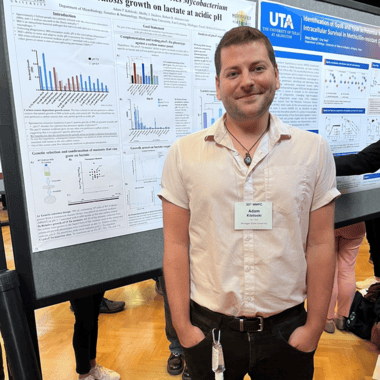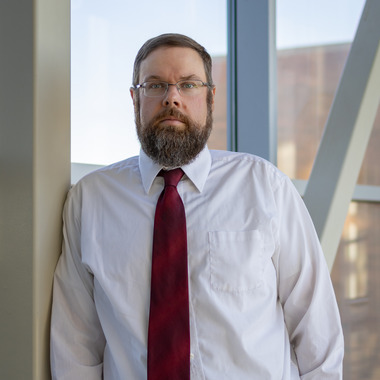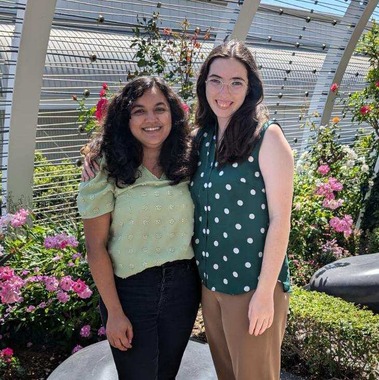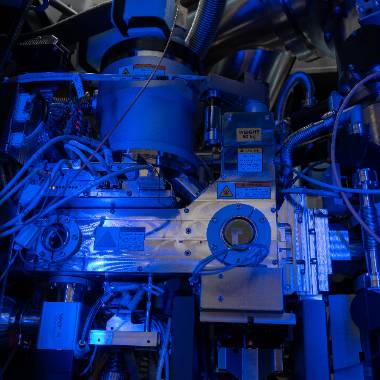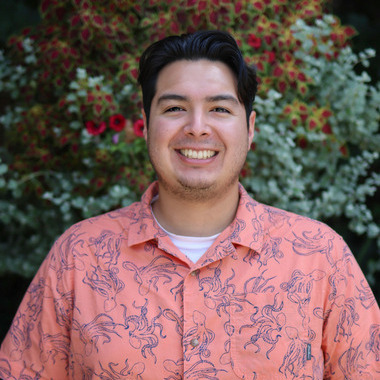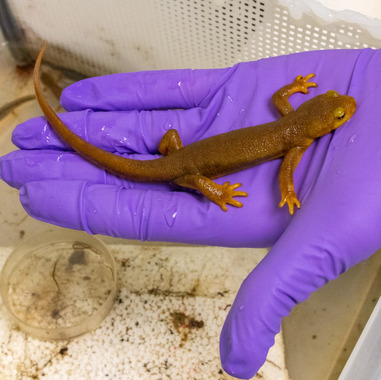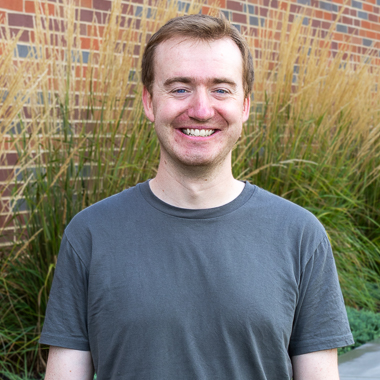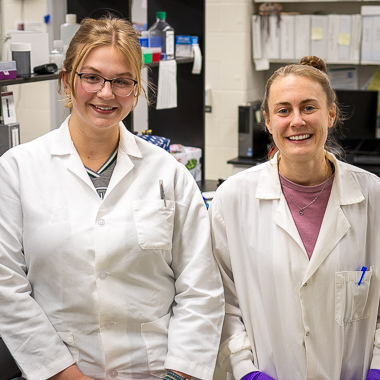What's New
November 11, 2024
Adam Kibiloski, a third-year doctoral student in MGI Professor Rob Abramovitch's lab, attended the Midwest Microbial Pathogenesis Conference this past summer and provided a first-hand account of his trip.
November 4, 2024
Annabella is currently an NSF graduate and MSU plant science fellow, and plans to use her experience as a first-generation and non-traditional student to help expand inclusivity in STEM and higher education.
November 3, 2024
Dr. Phillip Delekta is an Assistant Professor in MGI. These are his responses to the Micro Biography questions.
October 29, 2024
A Michigan State University student recently presented research at the International Ecological Society of America meeting.Abigail Lippert, an undergraduate student in the Department of Microbiology, Genetics,&Immunology,or MGI, traveled to Long Beach, Calif., with support from MGI.
October 24, 2024
Two MSU researchers recently published a paper in Nature Communications about how they used Cryo-EM to determine the structure of a key enzyme.
